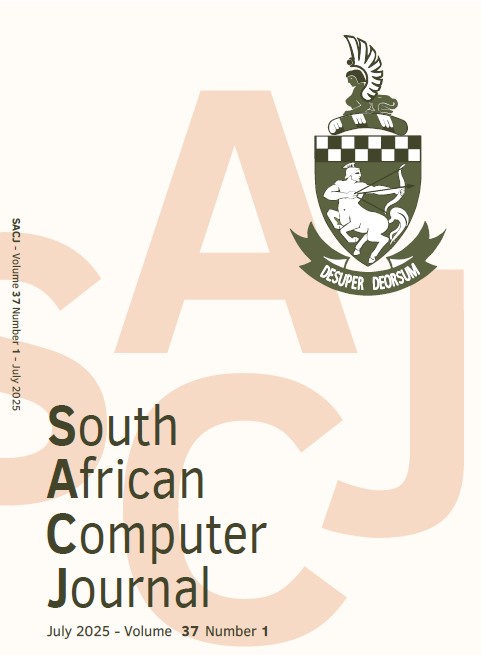A multilevel analysis of digital technology to support teachers to improve their professional practice
DOI:
https://doi.org/10.18489/sacjv37i1/20602Keywords:
Digital Technology Intervention, Randomised Control Trial, Structured Pedagogical Programme, Technology Acceptance Model, Virtual CoachingAbstract
Within the education sector, digital technology has increasingly entered into school subjects, curricula, assessment and teaching methods. The common features of technology-orientated and supported programmes are the independence from geographic boundaries and time constraints. Covid-19 pandemic accelerated the debates about digitalisation in the education sector. Therefore, the purpose of this study was to conduct a multilevel analysis of evidence from a large-scale randomised control trial complemented with the systematic collection of implementation information to compare the impact of a conventional structured pedagogic programme to that of a pedagogically similar programme built with a digital technology overlay. The technology acceptance model framed our analysis. Results from the multilevel analysis provided an opportunity to advance knowledge about teachers’ acceptance of digital technology to improve student learning and their professional practice. The evidence pointed to two hypotheses: While much of the literature on teachers’ acceptance of digital technology concentrated on the subjective element of teachers’ behavioural intentions, the current study suggests the extent to which professional accountability may be a key factor in successful digital technology interventions for teachers; and the results points to substantial differentiated uptake that is not linked to either perceived usefulness or perceived ease of use.
Downloads
Published
Issue
Section
License
Copyright (c) 2025 Reuben Dlamini, Brahm Fleisch

This work is licensed under a Creative Commons Attribution-NonCommercial 4.0 International License.





.png)